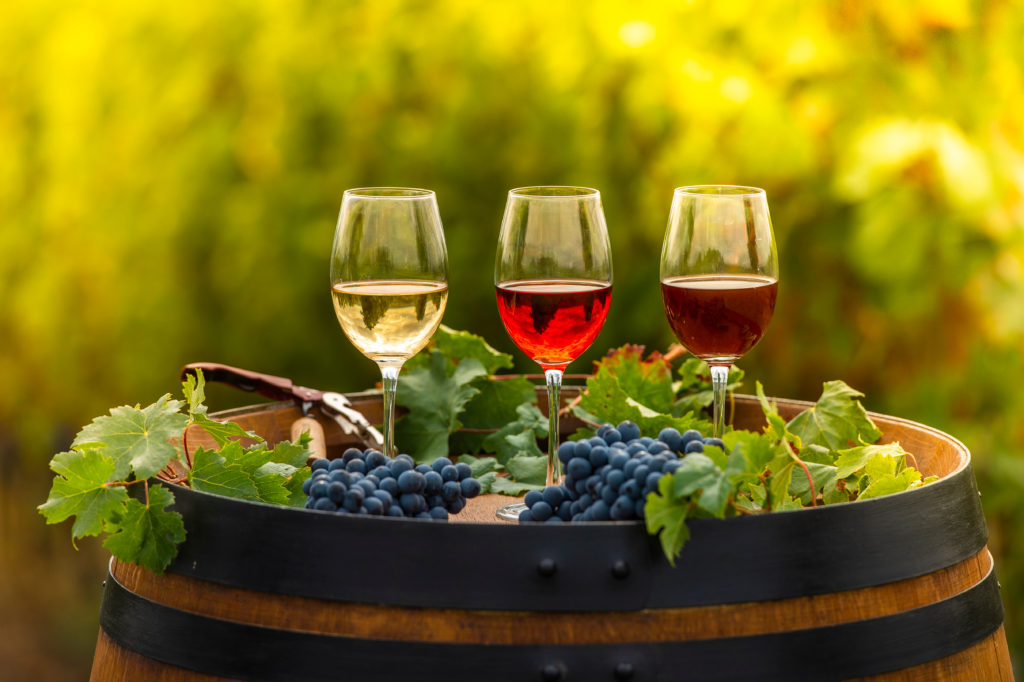- People
- Expertise
Our expertise
We are a team of more than 500 professionals, with the depth of experience which makes us genuine experts in our fields. Together, gunnercooke’s people have strength across just about every corporate discipline and sector. We provide legal, commercial and strategic advice that delivers real value to the clients we work with, which span from multinational enterprises through to unicorns and non-for-profit organisations. Our breadth of expertise covers some of the most interesting and important emerging disciplines, from ESG and charity law, to blockchain and competition.
Search by practice areaDispute ResolutionDispute Resolution OverviewMeet the Dispute Resolution TeamIntellectual Property DisputesFinancial Services & FinTech OverviewProceeds of CrimeEmployment TribunalTax InvestigationProperty Dispute ResolutionInsolvency DisputesMediationCivil Fraud & Asset TracingHealth & SafetyBusiness Crime & InvestigationsLitigation & ArbitrationInternational Arbitration - International
International Offices
gunnercooke has 12 offices globally including the UK, Scotland, US, Germany and CEE, with further plans for growth in the coming years. These offices enhance the existing in-house capability of our dedicated international teams and dual-qualified experts that cover China and Hong Kong, Spain, France, Italy, Brazil and Portugal. Our team has experience working across 101 different countries, speaking 30 languages and are dual-qualified in 15 jurisdictions. Our expertise means we can offer large teams to carry out complex cross-border matters for major international clients.
- Our story
Our story
gunnercooke is the fastest growing corporate law firm in the UK, now making its mark globally. We comprise a rapidly growing number of experts spanning legal and other disciplines. Clients benefit from flexible options on fees to suit their needs, access to a wider network of senior experts throughout the relationship, and legal advice which is complemented by an understanding of the commercial aspects of running a business.
- Reading Room
- News & Insights

Simon Thorpe MW, CEO of WineGB, set out the progress update on the English wine PDO (Protected Designation of Origin) and PGI (Protected Geographical Indication) scheme at the WineGB Industry conference earlier this month. The UK wine industry is currently the biggest growing agricultural industry in the UK with the number of vineyards doubling since 2015. It is forecasted that the number of vineyards in the UK will double again by 2032.
The PDO and PGI appellations scheme is a hot topic in the current UK wine scene. Being a country in the earlier stages of establishing an appellation system, the balance needs to be struck to not stifle innovation and to remove barriers to producing appellation wine, but on the other hand there is the need to protect consumer expectations when they buy wine. There are different requirements for PDO and PGI wines including:
- where the grapes are grown and the varieties used; and
- where the production and packaging of the wine takes place
In essence, PDO wines show distinctive characteristics which strongly link the wine to a specific geographical region. PGI wines need to show how the wine is distinctive, albeit to a lesser extent than for PDO wines.
The Results of the WineGB Consultation and future potential changes to the PDO / PGI Scheme
In Autumn 2022, WineGB sent out a survey to vineyard owners in the UK to collect data on the PDO and PDI scheme, receiving around 120 responses back. An area that causes confusion for consumers is how some bottles are labelled, for instance calling a wine ‘Sparkling wine of England’ or ‘Sparkling wine of Wales’ is different to a wine labelled ‘English Sparkling wine’. The latter being a protected term and indicating the use of the traditional sparkling method of production (being the same method used when producing Champagne). It was agreed there should be no difference between these labelling terms. However, the overarching consensus from the survey was for all types of sparkling wines to be allowed in the scheme, not just those made from the traditional method. This would open the door for UK ‘prosecco’ style wines to be produced under the appellation scheme as well as ‘pet-nat’ style wines. As traditional method sparkling wines tend to cost more to produce, allowing other types of sparkling wines into the appellation system may entice more people to set up their own vineyards and / or produce their own wine.
If all types of sparkling wines are allowed within the appellations then there will need to be an additional separate category for the queen of sparkling wines, the traditional method style. Discussions on how traditional method sparkling wines can be differentiated vary from specific legislative requirements to consumer facing marketing and branding options. Legislative requirements can include designating acidity levels in the wine or the minimum length of time that the wine must be left on the lees, whilst branding may set out specific wording that can be used to the bottle label so the consumer can tell the wines are made by the traditional method.
With regards to the permitted varieties, the consensus was to broaden these to allow more hybrid varieties (at least for the lower GI levels). Hybrid varieties such as PIWI and Seyval Blanc (PIWI being a group of highly resistant grape varieties) currently make up 10% of all plantings in the UK and are gaining traction as they require less pesticides in the vineyard. A win-win for a more sustainable future as well as lowering the cost of vineyard management. All of these can make buying a vineyard more attractive.
The next consultation will focus further on sparkling wines and how to differentiate between them. The consultation will begin in the 2nd half of 2023.
It is an exciting time for the UK wine industry with English wine receiving more accolades on the international market. It is anticipated that many more vineyards will be planted in the UK in the coming years. If you would like to find out more about buying or leasing a vineyard please contact [email protected].
To receive all the latest insights from gunnercooke to your inbox, sign up below